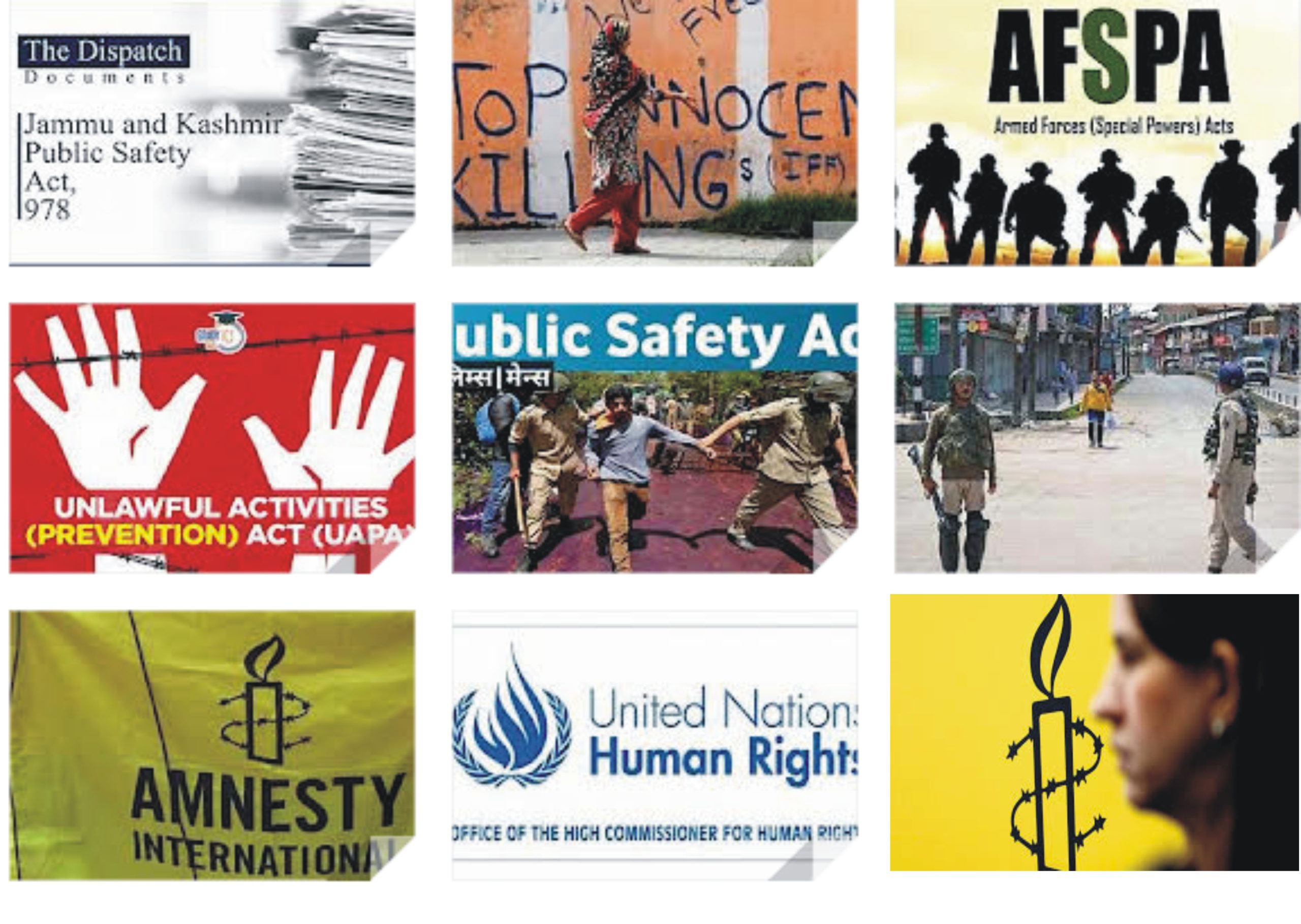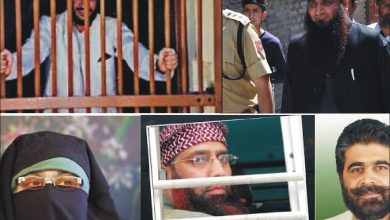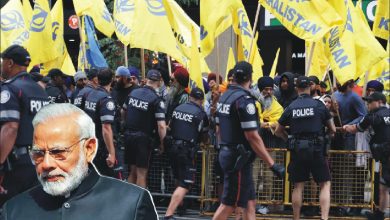India needs a daily dose of sunshine, Dr Fai comments on Amnesty report
 Washington: Dr. Ghulam Nabi Fai, Chairman of the World Forum for Peace & Justice, commended Amnesty International for its timely report on India’s human rights violations, released on October 21, 2024.
Washington: Dr. Ghulam Nabi Fai, Chairman of the World Forum for Peace & Justice, commended Amnesty International for its timely report on India’s human rights violations, released on October 21, 2024.
According to Kashmir Media Service, the report highlights India’s failure to adhere to international treaties, including the International Covenant on Civil and Political Rights (ICCPR) and the International Covenant on Economic, Social and Cultural Rights (ICESCR), and aligns with previous findings from UN human rights bodies regarding the situation in Kashmir.
Dr. Fai in a statement issued in Washington emphasized that the Amnesty report exposes the extent of human rights abuses in Kashmir and calls for global recognition of these violations. The report’s analysis of India’s engagement with the UN Human Rights Council (UNHRC) reveals a lack of progress in implementing recommendations from the Universal Periodic Review (UPR) process.
He pointed out that the Indian government has consistently invoked repressive laws, such as the Armed Forces (Jammu and Kashmir) Special Powers Act and the Unlawful Activities (Prevention) Act, to justify actions that suppress free speech and assembly.
Dr. Fai noted that the situation in Kashmir has deteriorated significantly since the Indian government’s decision on August 5, 2019, to revoke Article 370, which previously granted the region special status. This move has been described by human rights experts as a step toward potential genocide, with reports indicating severe restrictions on freedoms and rights in the region.
The Amnesty report also highlights the lack of meaningful engagement from India with the Office of the High Commissioner for Human Rights (OHCHR) and calls for urgent action to address ongoing human rights violations.
Dr. Fai concluded by stressing the need for urgent international intervention to end human rights abuses in Kashmir and resolve the long-standing conflict, which he believes is essential for peace and stability in South Asia.








